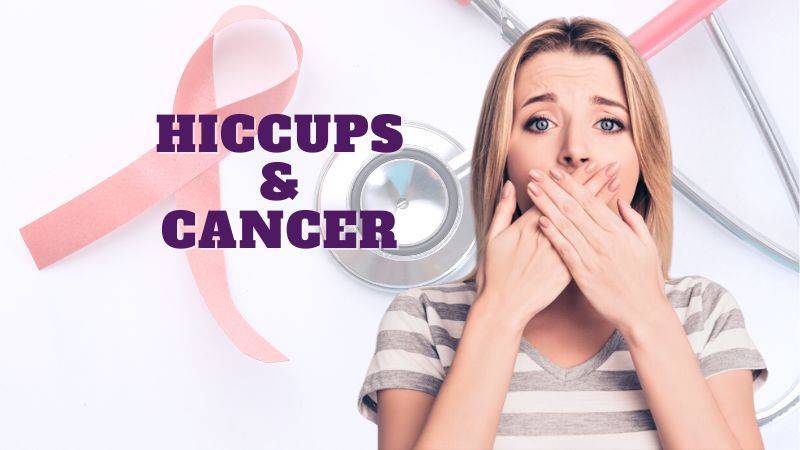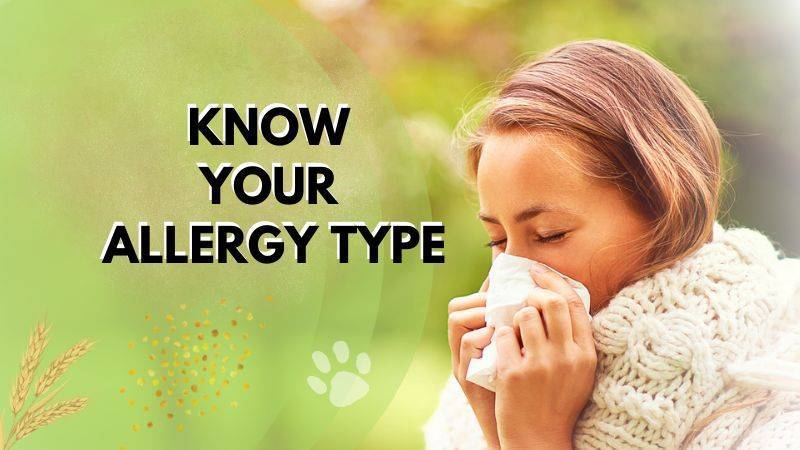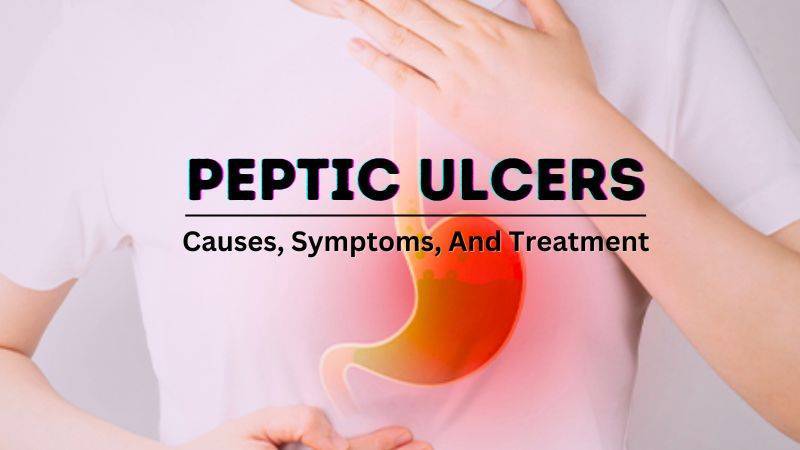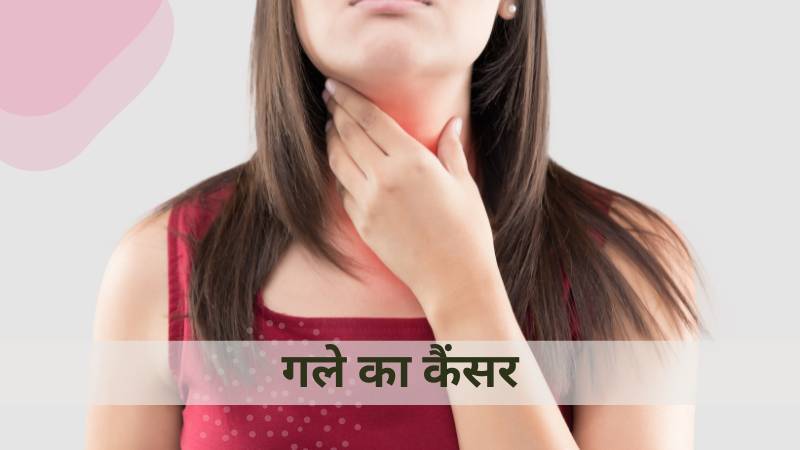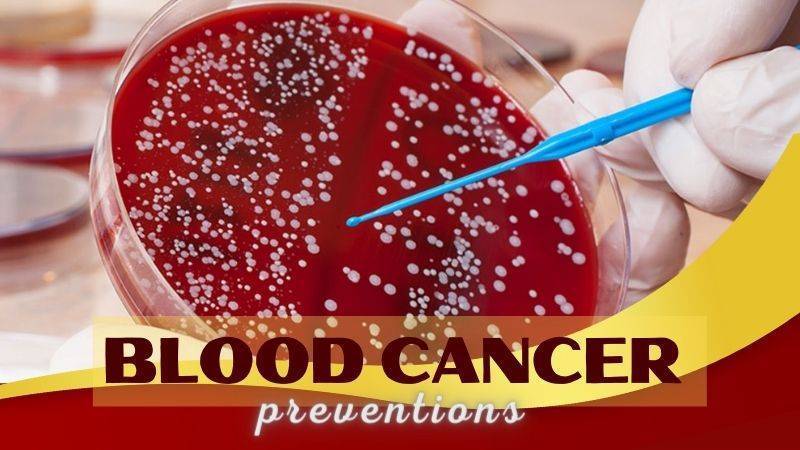Overview
Sometimes, we get hiccups without knowing the exact reason why.
It can happen when we eat or drink too quickly, overeat, or consume alcohol. While hiccups are not a common problem for people with cancer, they can still occur for various reasons.
Hiccups usually go away on their own, but if they persist for a couple of days and become hard to manage, it’s important to inform your doctor. They might recommend treatment or suggest ways to alleviate the hiccups.
Although hiccups are not commonly associated with cancer, they can be exhausting and challenging to deal with for cancer patients.
Why Have We Got Hiccups?
Hiccups can occur when your diaphragm muscle suddenly spasms, causing a disruption in your normal breathing pattern.
These spasms are involuntary and hiccups typically go away on their own. However, when hiccups are associated with cancer or its treatment, they can last longer and become more challenging to manage.
The diaphragm is a curved muscle located beneath your ribcage, which plays a role in helping you breathe.

It contracts and moves downward when you inhale, allowing air to enter your lungs. When you exhale, the diaphragm relaxes and moves upward.
During a hiccup, two things happen:
- The diaphragm contracts abruptly between breaths, causing a quick inhalation.
- Immediately after, the top of the windpipe (trachea) briefly closes to prevent more air from entering, creating the “hic” sound.
Causes of Hiccups
Hiccups can happen, but we’re not exactly sure why. They might occur when the nerve that controls the diaphragm (a muscle involved in breathing) gets irritated.
Here are some things that can trigger hiccups:

- Eating and drinking too quickly, especially when gulping fizzy drinks.
- Overeating.
- Experiencing heartburn.
- Feeling stressed.
- Sudden changes in air temperature.
- Stretching your neck too much.
- Taking certain medications for anxiety (like benzodiazepines).
- Consuming alcohol.
If you have cancer, hiccups can also be caused by:
- Stomach problems, such as it not working properly and becoming bloated.
- Infections affecting your chest or food pipe (oesophagus).
- Undergoing chemotherapy, taking steroids, or using strong painkillers like morphine.
- The cancer putting pressure on your diaphragm.
- Having symptoms related to a brain tumor.
- Abnormal kidney function leading to changes in your blood chemistry.
- High levels of calcium in your blood (hypercalcemia).
Simple Remedies to Try for Mild Hiccups
When experiencing hiccups, many people find that they go away on their own or can be relieved by attempting the following:
- Gargling or sipping on ice water.
- Eating a small piece of dry bread slowly.
- Drinking water from the far side of a glass (you may need to bend over to do this).
- Taking a deep breath, holding it for as long as possible, and repeating this several times.
- Sucking on a lemon.
- Consuming peppermint water.
- Bringing your knees up to your chest.
- Breathing in and out of a paper bag (never use a plastic bag and limit this practice to no more than 1 minute).
These suggestions may provide relief for mild cases of hiccups. However, if hiccups persist or become bothersome, it is advisable to seek further medical advice.
Treating Persistent Hiccups

If hiccups persist for more than a couple of days, medical treatment may be necessary. Your doctor will investigate the underlying cause of your hiccups and address it accordingly.
For instance, they may modify your medication regimen if a specific drug is triggering the hiccups.
In some cases, direct treatment for hiccups may be pursued. Your doctor may prescribe certain medications, such as:
- Metoclopramide (Maxolon), an anti-sickness drug.
- Mild sedatives like haloperidol or chlorpromazine.
- Muscle relaxants such as baclofen.
- Proton pump inhibitors like omeprazole.
Initially, your doctor will administer one medication for a brief period to assess its effectiveness in stopping the hiccups.
If the hiccups resume, they may try a different medication or a combination of drugs until the hiccups are completely resolved.
FAQs
What helps hiccups in cancer patients?
Your doctors are the best resource to provide treatment for hiccups based on your specific condition.
Common medications used to treat hiccups in cancer patients include the anti-sickness drug metoclopramide (Maxolon) and sedatives like haloperidol or chlorpromazine.
What causes hiccups in cancer patients?
Hiccups in cancer patients are often caused by irritation of the nerve controlling the diaphragm.
Certain chemotherapy drugs used in cancer treatment or other medications such as steroids, antibiotics, or anti-nausea medicines can contribute to hiccups.
Which medicine is best for hiccups?
Medications that are often effective in treating persistent hiccups include baclofen, metoclopramide, and chlorpromazine.
Can hiccups be a side effect of chemo?
Yes, hiccups can be a side effect of chemotherapy. In some cases, intractable hiccups can significantly impact a person’s daily activities and quality of life.
What can be taken to stop hiccups?
Here are some tips that may help stop hiccups: drink water quickly, have someone startle you, gargle with water, bite on a lemon, pull hard on your tongue, or use smelling salts.
What drugs can cause hiccups?
Several drugs can trigger hiccups, including barbiturates, antibiotics (such as azithromycin), phenothiazines (like perphenazine), opioids (such as hydrocodone), alcohol, benzodiazepines, and steroids.
Can hiccups be a sign of something serious?
Hiccups can sometimes be a sign of an underlying serious condition. If hiccups persist for more than 48 hours or significantly affect eating, sleeping, or breathing, it is important to see a doctor.
Are hiccups a sign of death?
Hiccups can occur in individuals nearing death, particularly if they have an underlying health condition or are taking specific medications. In severe illness, hiccups can be a complication due to the effects of treatment medication.
Why does sugar stop hiccups?
Sugar is a distraction technique that can be effective for mild hiccups. Taking a spoonful of sugar or stimulating the roof of the mouth or ears can overload the vagus nerve endings and help alleviate hiccups.
Do hiccups go away when you sleep?
Yes, hiccups often subside when you fall asleep.
Also Read

